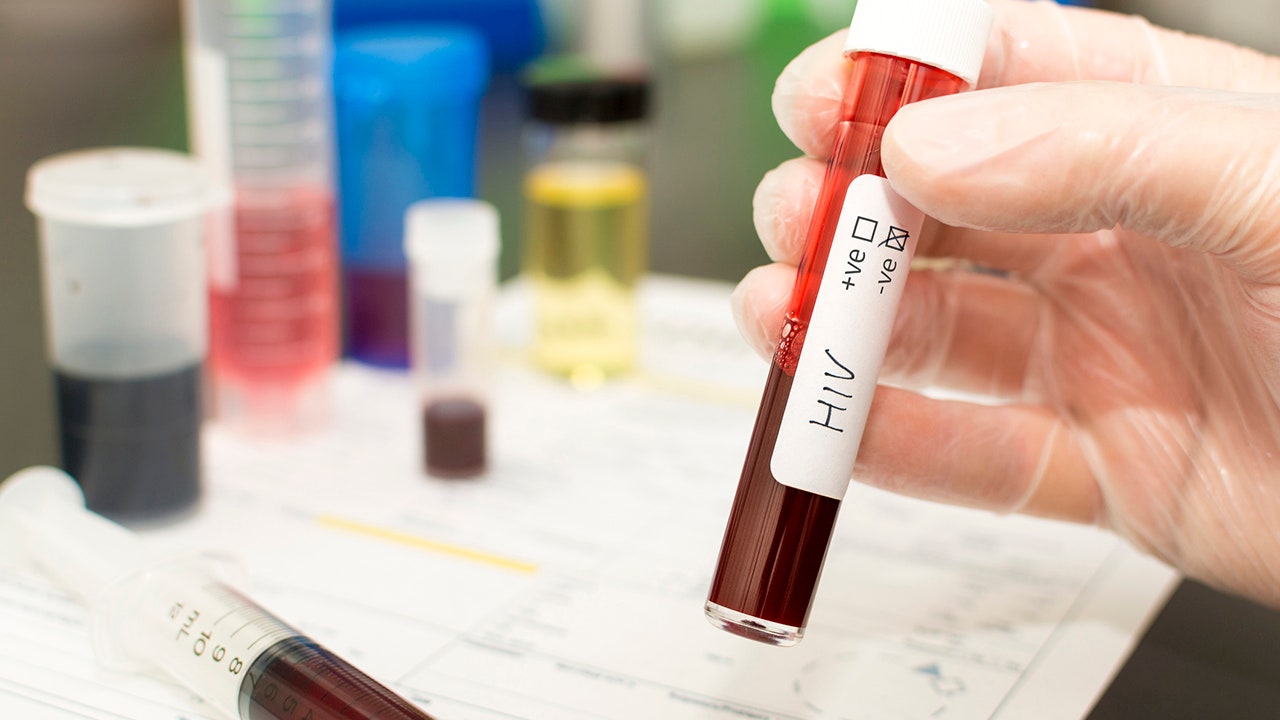Scientists said they had discovered a rare group of people in the Democratic Republic of Congo who tested positive for HIV antibodies, but who live with low to undetectable levels of viral load without the aid of antiretroviral drugs, potentially paving the way for the development of vaccines or possibly even a cure.
Abbott announced in a press release published on Tuesday that the prevalence of this group, dubbed elite HIV controllers, was 2.7% -4.3% in the DRC, compared to the prevalence of 0.1 % -2% worldwide. The results of the study, which was published in EBioMedicine, may help to discover the links between natural suppression of the virus and future treatments.
“The discovery of a large group of elite HIV controllers in the DRC is significant, considering that HIV is a chronic lifelong condition that normally progresses over time,” said Tom Quinn, MD, director of the Johns Hopkins Center for Global Health, and head of the International HIV / AIDS Research Section of the National Institute of Allergy and Infectious Diseases, National Institutes of Health and one of the study’s authors. “There have been rare cases of infection not progressing in individuals prior to this study, but this high frequency is unusual and suggests that there is something interesting going on at a physiological level in the DRC that is not random.”
FDA APPROVES THE 1st LONG-TERM HIV DRUG COMBINATION, MONTHLY PROVISIONS
Abbott has been involved in HIV surveillance for decades to monitor and identify mutations in the virus, which helps with diagnostic and containment efforts. The current work is being done in collaboration with Johns Hopkins University, the National Institute of Allergy and Infectious Diseases, the University of Missouri-Kansas City and Universite Protestant au Congo.
There is currently no cure for HIV, but with proper medication it can be controlled. The medication is recommended for all patients diagnosed with HIV, as delaying treatment can damage the immune system and increase the risk of developing AIDS, according to the Centers for Disease Control and Prevention (CDC).
CLICK HERE TO GET THE FOX NEWS APPLICATION
“Global surveillance work keeps us ahead of emerging infectious diseases – and in this case, we realized that we had found something that could be another step towards a cure for HIV,” said Michael Berg, Ph.D., associate researcher in infectious disease research at Abbott, and lead author of the study. “The global research community has more work to do – but taking advantage of what we learned from this study and sharing it with other researchers brings us closer to new treatments that can eliminate HIV.”
